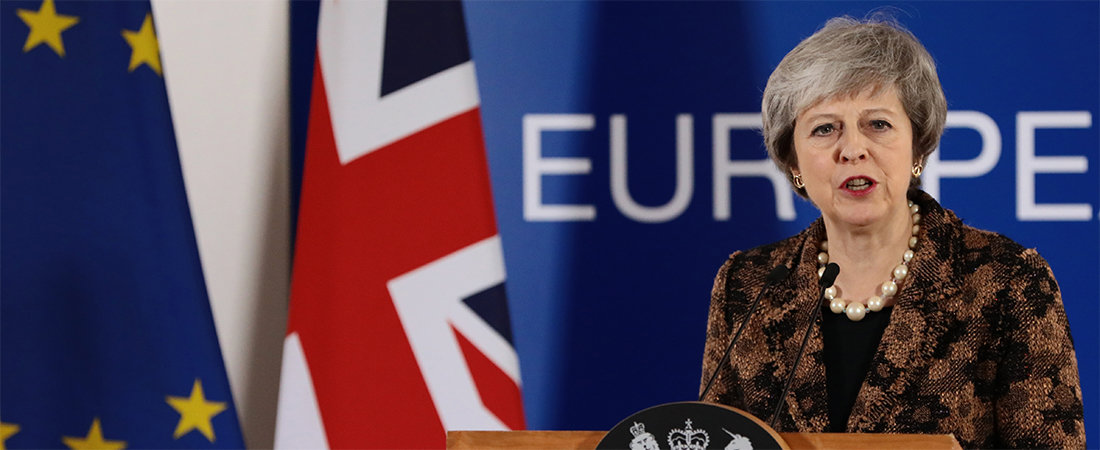Having survived a confidence vote and another embarrassing European Council, Theresa May emerges determined to plough on with her impossible job to deliver Brexit. Yet as the March 29 deadline nears, it appears the last week hasn’t delivered much clarity on the eventual shape of Brexit.
Part of the problem is the fact that Brexit is still widely perceived as a destination in the UK, not the journey that it in fact is. We are therefore searching for a moment of clarity that determines our future relationship with Europe. If the last two years are anything to go by, that may never come. The new reality of Brexit seems a long, hard slog of continual negotiations and political instability.
This debate has been characterised by fantasies – on all sides. From the infamous ‘Brexit dividend’ to the NHS to the supposed political clout of German carmakers, to overblown doomsday scenarios making cries of Project Fear all too easy.
The circles that cannot be squared are as apparent now as they were during the referendum debate itself: that sovereignty is not absolute, and that trade-offs between sovereignty and economic prosperity are inevitable if we are to continue enjoying the benefits of a competitive 21st century economy.
Against this backdrop, the deal negotiated in Brussels was bound to disappoint. Critics on all sides are attacking the deal, either for conceding too much decision-making to the EU, or for failing to secure the same benefits as being a full EU member. Again, none of the alternatives recognise the inevitable trade-offs between sovereignty and prosperity.
As long as the UK continues to dance around this fact, there will be no satisfying, comprehensive Brexit deal. The EU is not about to open its single market to a country that no longer wants to pay into the common budget or accept its rules and regulations (not to mention its citizens). Why would it? These freedoms are at the very heart of the European project. They underpin the single market, which is so treasured by businesses across Europe. And because the EU and its 450 million-strong market holds the upper hand in these negotiations, there will be no deal that’s not on its terms.
So – what happens, then, if the UK continues to hunt for unicorns while the EU remains inflexible? Are we headed for a “lightning rod” no-deal moment? Are we going out with a bang?
In one way or another, it seems improbable: the EU and UK will either secure transition or sort out temporary plans to keep planes flying, people crossing borders and critical food and medicine flowing. If it’s no deal and ‘project fear’ is to be believed, the damage for the economy will be real but not obvious – with no point of comparison it won’t feel like a doomsday moment. Then, transition or not, both sides will sit down and negotiate their future links in trade, defence and research.
But here again, if the British public isn’t ready to accept trade-offs in sovereignty – and it most likely won’t be – there will be no comprehensive deal. No one knows exactly what will happen, but it is probable that UK and EU will agree specific deals in sectors where mutual interests are closest. Concessions will inevitably be criticised by political opponents, raising the prospect that negotiations could stumble forward unpredictably, starting and stopping with electoral cycles.
The result? The UK could find itself in a constant state of negotiations with the EU for decades to come. These will entail uncomfortable compromises and short-term solutions. Brexit, or rather our economic relations with the giant market on our doorstep, will almost certainly become a permanent fixture of UK politics and will continue to cause resignations, parliamentary defeats and government crises for years as Brexit fantasies collide with the cold reality of trade negotiations.

